What's up: Should esports be considered a sport?
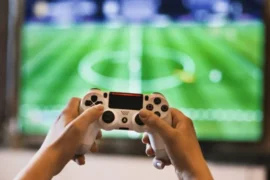
In this month’s What’s up student column, our EUSA ESC volunteer Markus Schneider shares his research and personal viewpoint on the topic of esports.
The IOC’s decision to launch the Olympic Esports Games in 2025 highlights the growing relevance of esports on the global stage. At EUSA, we’ve observed this rise with interest, particularly as some of our partners have already embraced esports initiatives. This shift has inspired me to explore how esports could align with our future events and goals.
As someone who enjoyed his fair share of gaming in the past and is now volunteering in the field of (university) sports, I believe esports should be considered to be officially recognised as a legitimate sport.
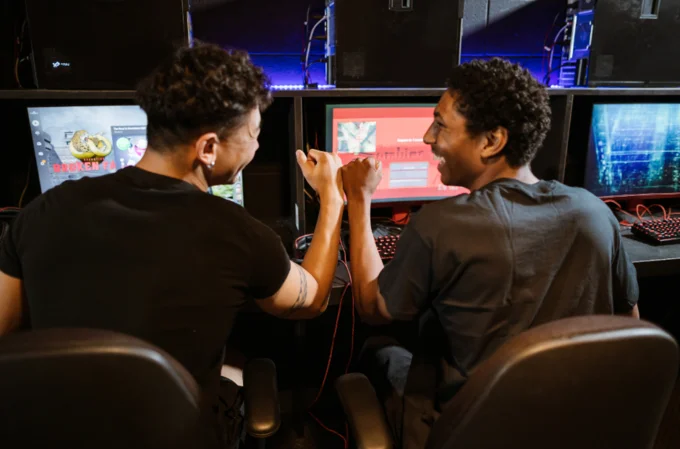
In a past What’s up article, Alessandro Boscherini, who EUSA had the pleasure of having as an intern, already delved into the topic of esports. In his article he explores the growing significance of esports, tracing the evolution of esports from its origins in the 1972 *Spacewar* tournament to its current status as a lucrative industry with significant cultural and social impact, particularly among younger generations. Alessandro concludes that despite its rapid growth and community-building potential, esports faces challenges such as a lack of global regulation and skepticism from some countries but continues to foster inclusion and new forms of social interaction both online and offline.
Although esports are more popular than ever, partially due to the Covid-19 pandemic, the debate about esports’s legitimacy as a sport has not come to a consensus. In this month’s What’s Up article, Markus will dissect the arguments against recognizing esports as a legitimate sport.
The debate of whether esports should be recognized as sports, however, goes beyond mere semantics. It could provide a foundation for safeguarding practices within esports, addressing concerns over unhealthy habits often cited by critics. By fostering a healthier and more regulated environment, official recognition would not only help players but also lead to greater societal acceptance of this burgeoning field.
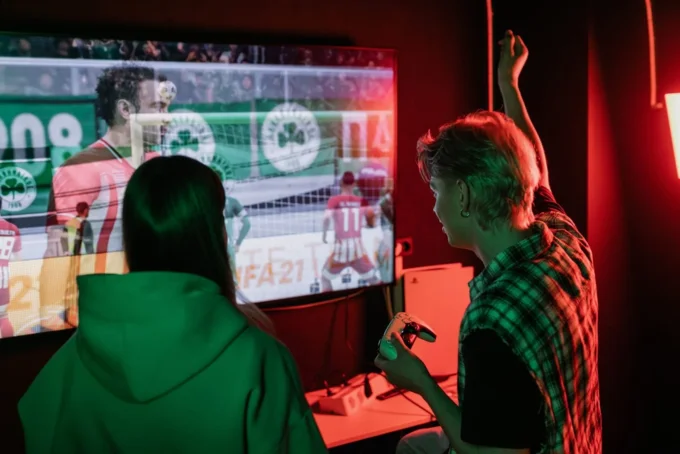
Lack of Physicality
By far the most often brought-up argument against esports being recognized as a legitimate sport is its lack of physicality. esports players are often unfairly stereotyped as lazy or antisocial, because the majority of video games do not require a lot of movement and/or face-to-face communication.
And although physicality is what most people use to define a sport, a lot of sports that also lack physicality are strangely still perceived as sports:
Mind Sports
-
Chess – Governed by the International Chess Federation (FIDE), recognized by the International Olympic Committee (IOC).
-
Bridge – A card game overseen by the World Bridge Federation (WBF), also IOC-recognized.
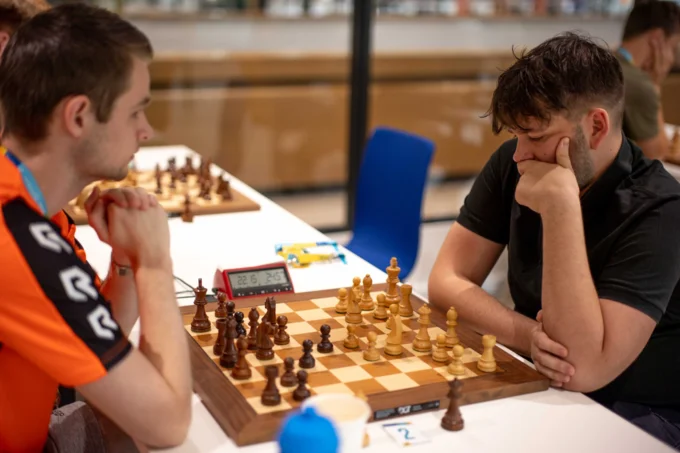
Precision and Skill-Based Sports
-
Billiards/Pool – Includes snooker, eight-ball, and nine-ball, overseen by various governing bodies like the World Pool-Billiard Association (WPA).
-
Bowling – Governed internationally by the International Bowling Federation (IBF).
-
Darts – recognized under the World Darts Federation (WDF).
-
Shooting – focused on precision and governed by the International Shooting Sport Federation (ISSF).
-
Archery – while requiring some physical skill - is predominantly about precision and focus under the World Archery Federation (WA).
Such sports have cognitive abilities, fine motor skills, or strategic thinking as their primary elements. esports fall exactly under such sports, but they don’t seem to get the same amount of recognition and support.
Nevertheless, the aspect of players' health should not be disregarded, as current data suggests that a large number of pro esport players do not engage in enough physical activity. Survey data from a study by DiFrancisco-Donoghue (2019) reported that more than 40% of their esports athlete participants did not engage in any forms of physical exercise or activity. Additionally, for those who did exercise, it might not be enough to undo the negative health effects of prolonged sitting. It seems that in this regard, (professional) esports still need to improve.
But doesn’t undermining esports legitimacy as a sport just further condone unsafe practice?
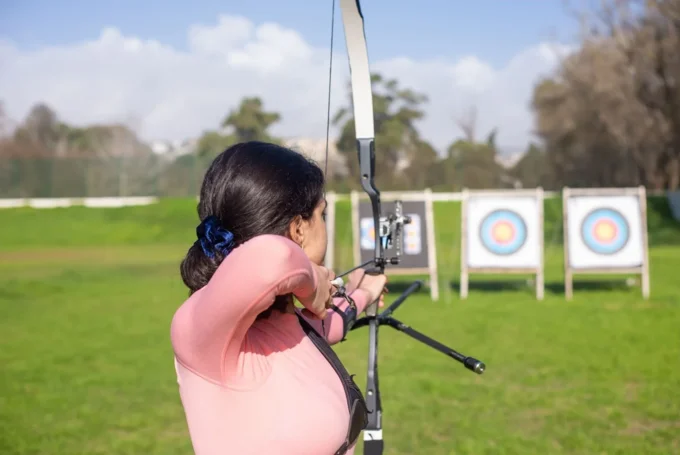
Underestimating (semi-)professional esports
Many individuals find it difficult to approach esports players and traditional sports athletes with the same level of respect for their skills. However, the parallels between, for example, a chess grandmaster and a professional esports athlete are striking. Both excel in their respective domains through rigorous training, sharp strategic thinking, studying opponents’, and performing under immense pressure. Just as chess has earned recognition as a mind sport, so too should esports for the discipline and expertise it demands.
In my opinion, people tend to underestimate the dedication and professionalism needed to compete in high-level esport events while disregarding the discrepancy between casual gaming and pro-level esports. The difference would be comparable to someone who casually plays football twice a week with friends and someone who plays at a (semi-)professional level and (has to) trains five to six times a week. One article highlighting the demanding schedule of professional esports players states: "For nearly 8 hours each day, professional players practice at their game of choice over and over.”
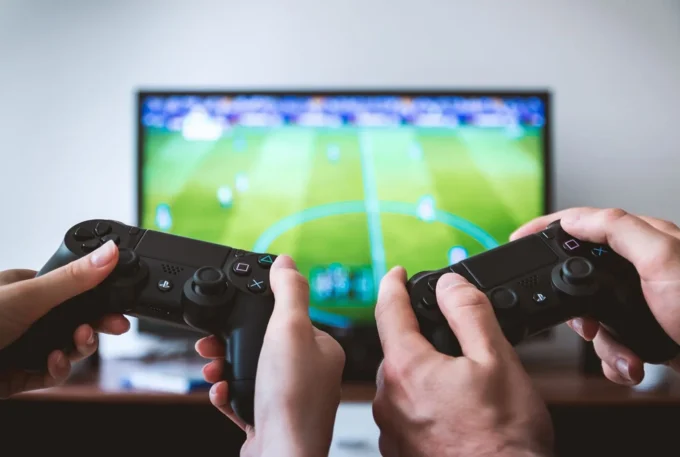
Just like athletes in traditional sports, esport athletes have to follow a strict schedule for up to six days per week. While training their gaming skills is one part, having a balanced diet and sufficient physical activity is also part of their schedule. Furthermore, coaches are responsible for guiding and mentoring esports gamers, helping them to reach their potential. They work closely with teams or individual players to develop strategies, identify weaknesses, and build on existing strengths—mirroring the responsibilities of coaches in traditional professional sports.
The Controversy Around "killergames"
One of the most contentious aspects of esports is the prevalence of so-called "killergames"—shooter games that often involve graphic violence. Critics worry that these games could negatively impact players, particularly younger audiences, by fostering aggression or desensitization to violence. However, the reality is more nuanced and grounded in ongoing research.
Studies have yet to provide conclusive evidence that shooter games directly lead to violent behavior in players, especially once they reach a certain level of maturity. While games involving intense action can trigger short-term stress responses, research suggests that the human brain is generally capable of distinguishing between virtual scenarios and real-world actions. Adults, in particular, show a clear ability to separate the fictional nature of these games from reality.
The concern is more significant, however, for younger children, whose cognitive development and ability to differentiate between fantasy and reality are still evolving. While comprehensive studies on the long-term effects of exposure to shooter games on children remain limited, caution is warranted. This is particularly true given the already aggressive tone that often characterizes communication in certain online gaming communities, which can amplify negative experiences for younger players.
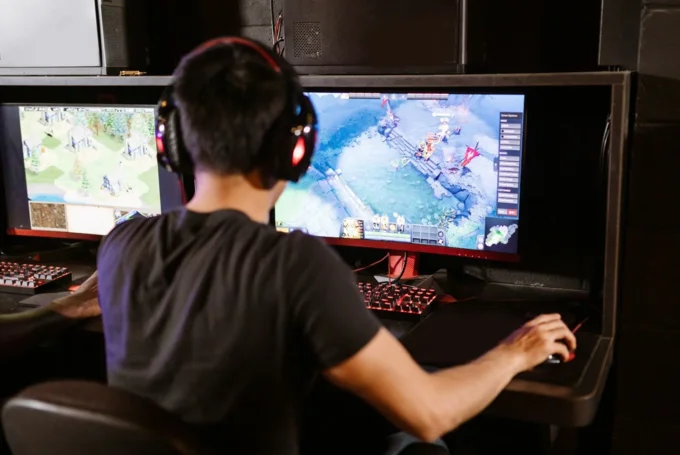
When it comes to legitimizing esports, some people fear that “killergames” become more and more normalized and that their potential dangers to younger individuals are further disregarded.
But instead of refusing to acknowledge esports, the key lies in nurturing safeguarding practices. Shooter games are probably here to stay, and so are the young players who may inevitably come into contact with them. Recognizing esports as a legitimate domain would help establish structured environments, where competitive gaming takes place under ethical oversight and with an emphasis on player well-being. These safeguarding practices can then be disseminated to the rest of the gaming community, ensuring better protection of especially younger players.
In conclusion, recognizing esports as legitimate sports is not just about semantics—it’s about fostering a healthier and more inclusive environment for players, combating unfair stigmas, and unlocking opportunities for institutional support and public funding. Professional esports demand the same level of discipline, strategy, and dedication as many traditional sports, and formal recognition would only help to further legitimize and safeguard this rapidly growing field.

Even for those who may not consider esports a “sport,” it’s undeniable that promoting healthier practices and fair treatment is in everyone’s interest. By at least embracing esports as a legitimate cultural phenomenon, we can pave the way for a better gaming culture.
The author of the article Markus Schneider comes from Germany, is currently engaged as a European Solidarity Corps (ESC) volunteer at EUSA. In 2024, he finished his secondary education, and is about to get engaged in university education.
Are you a student with an opinion? We are looking for new contributors for our student column every month. Feel free to contact stc@eusa.eu to offer a piece or propose a topic.
